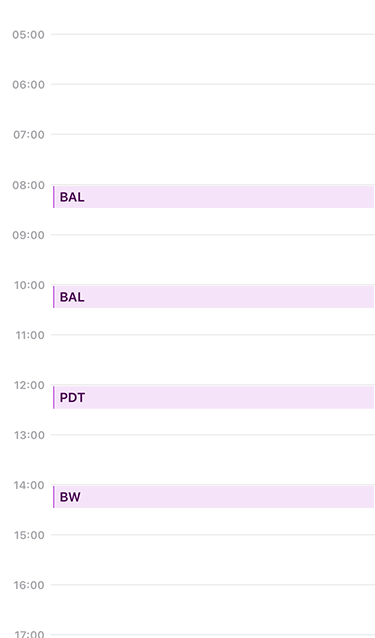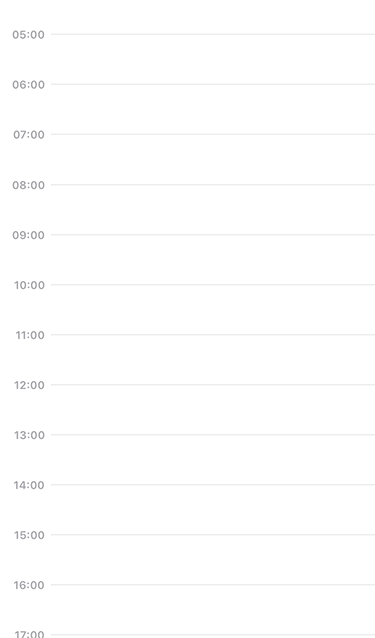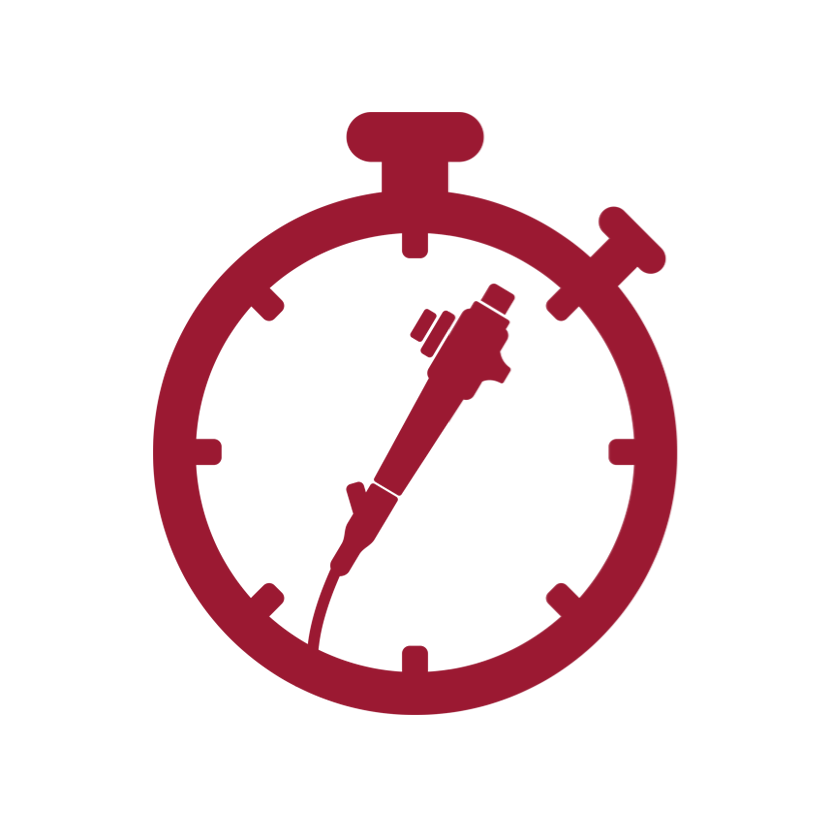Not having access to a flexible scope can have tragic consequences
In March 2011 the 4th National Audit Project (NAP4) of The Royal College of Anaesthetists and The Difficult Airway Society published a comprehensive review of all reported major airway management complications occurring in the UK over a period of one year.
Insufficient availability of equipment for management of the difficult airway in the OR, ER and ICU was considered among the major causative factors contributing to poor patient outcomes.1
50% of ICU airway complications resulted in death2
36
ICU Airway cases
4
Brain damage cases
11%
PERSISTENT NEUROLOGICAL INJURY
18
deaths
=50%
ended in death
NAP4 key recommendations
The consequences of not having access to a flexible bronchoscope can be fatal for the patient. Therefore, recommendations based on the NAP4 survey includes.1
A flexible fiberscope should be immediately available on the ICU to check position of the tracheal/tracheostomy tubes and assist with fibreoptic intubation or percutaneous tracheostomy placement
— NAP4 ICU recommendation1
Dr. Mark Dunn discusses the need for immediately available bronchoscopes.
Always sterile. Always available.
The sterile single-use aScope 4 Broncho improves patient safety and workflow as it is always available when needed.
Planning bronchoscopy procedures
Think about it — do you always have immediate access to a flexible bronchoscope when you need it? And is it any different at night and on the weekends?
In many ICUs the standard practice has been to request a bronchoscope tower and then wait. But, every minute counts. The wait could be 30 minutes or it could be several hours. Complication is compounded with staffing availability issues. Who will be available by the time the scope is ready?
Bronchoscopy should fit your schedule
Scheduling today vs. scheduling with aScope 4 Broncho
Scheduling today
Imagine you want to do 4 bronchoscopies today. Could you fit them all in? Are you guaranteed a scope at the time you will need it and have the staff ready? What’s the turnaround on getting a clean scope? If you have to wait until tomorrow what consequences will delaying treatment have on your patients?

Scheduling with aScope 4 Broncho
Now imagine you can schedule the bronchoscopies whenever you need to. Your bronchoscope system sets up in seconds. You have the ability to do all the procedures first thing in the morning or push them until later. Even if later is 2 am, you can always perform bronchoscopy.

Costs of bronchoscopy delay
Due to demand, reprocessing and repair, bronchoscopes may not always be available when needed.
In an emergency situation, immediate access to bronchoscopes is very important. Just a few minutes of delay can have fatal consequences for the patient if it means that the airway cannot be secured.
In the ICU, delay of a bedside bronchoscopy procedure like BAL or secretion management, may eventually lead to prolonged hospital stay.
In OR just 10 minutes of surgical delay costs:
350 USD

References
- NAP4 - 4th National Audit Project of The Royal College of Anaesthetists and The Difficult Airway Society. Read the full report (PDF)
- Cook TM, et al. Major complications of airway management in the UK: results of the Fourth National Audit Project of the Royal College of Anaesthetists and the Difficult Airway Society. Part 2 Intensive Care and Emergency Department. Br J Anaesth. 2011;106:632-42.


